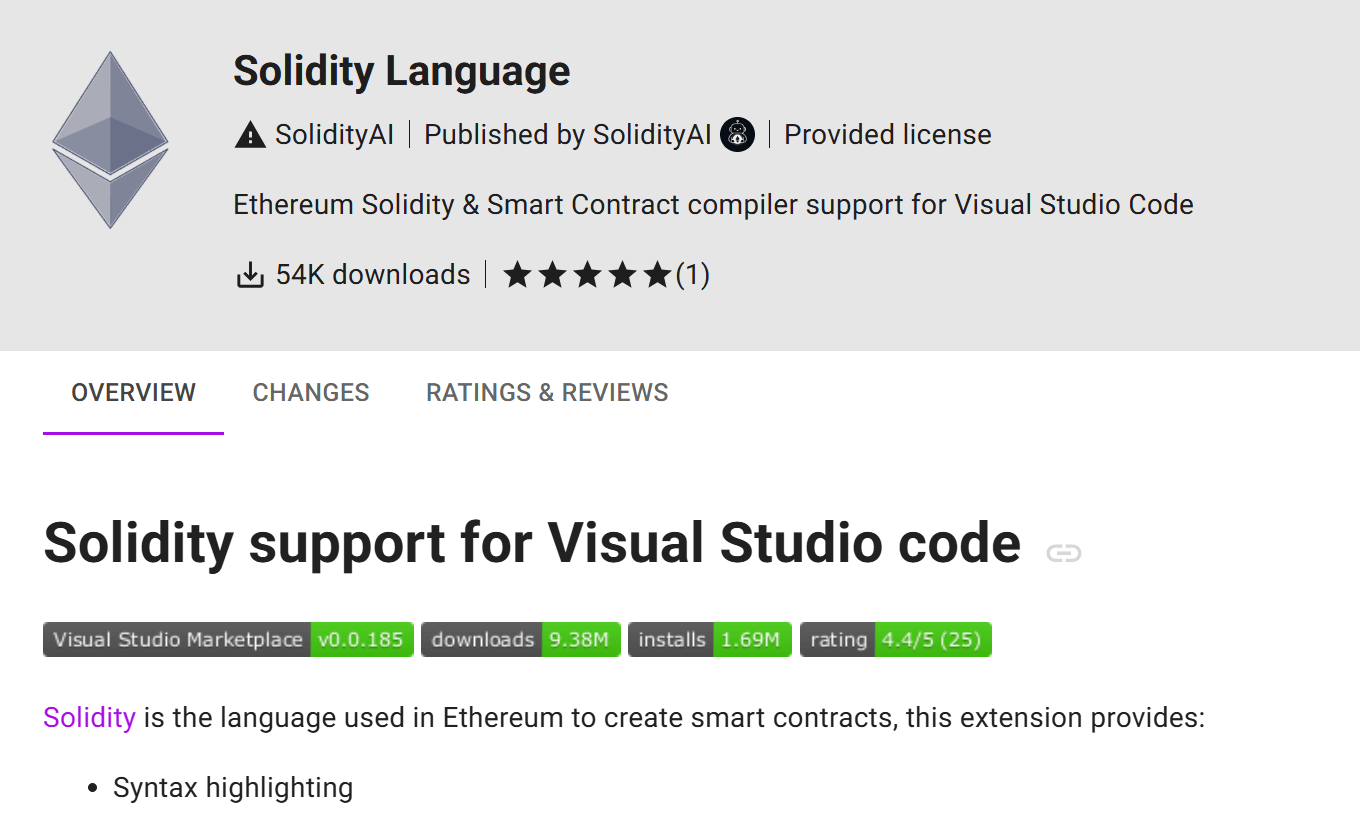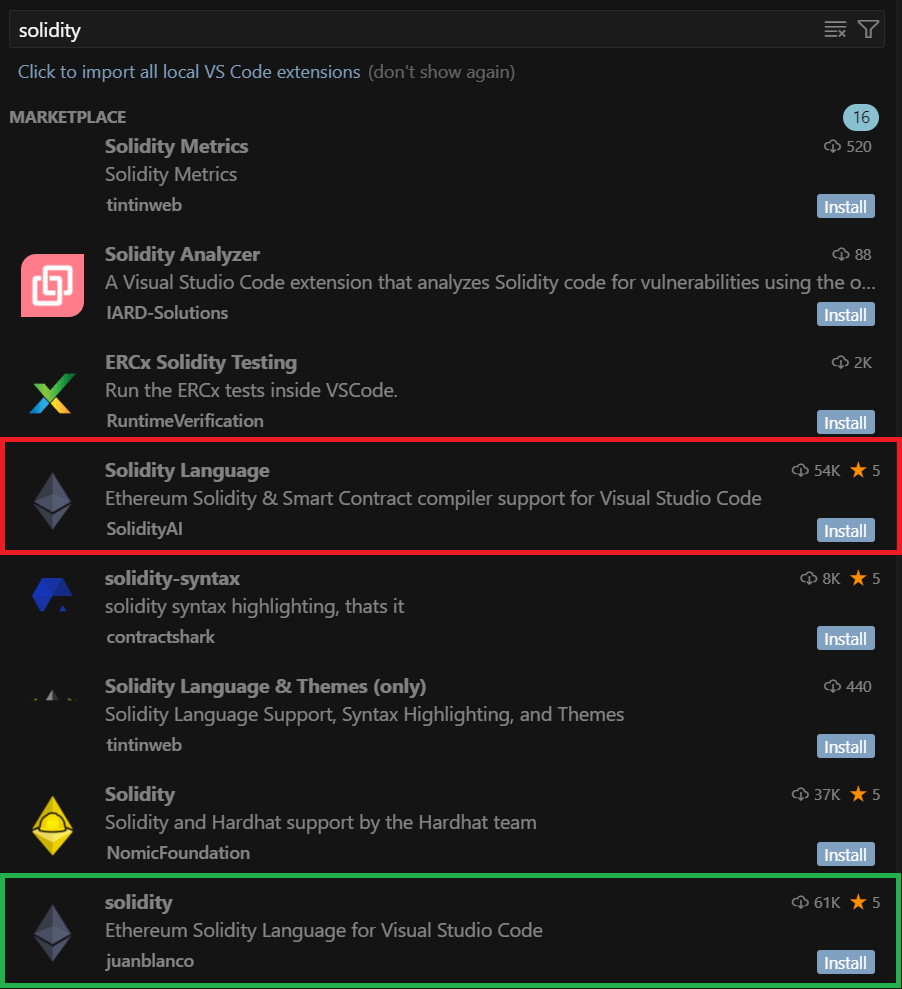Developer Security
The Silent Threat in Your Code Editor

Recently, I came across a stark reminder of just how critical experience and shared knowledge are in safeguarding our digital world, especially within our development teams.
This isn't a hypothetical scenario from a textbook. This is a real incident, highlighting a new frontier of cyber threats that every developer, especially those early in their careers, needs to be aware of.
The Invisible Enemy: Lurking in Plain Sight
Imagine a highly skilled blockchain developer, meticulous in their approach, working on a clean system. They're not falling for phishing scams or browsing suspicious websites. Yet, they end up losing a staggering ₹4 Crore (approximately $500,000) from their cryptocurrency holdings. How?
The culprit was their own AI-powered code editor, Cursor. This developer, seeking to enhance their productivity, installed a seemingly innocuous "Solidity language extension" from the editor's marketplace.


Unbeknownst to them, this extension was a cleverly disguised trap – a supply chain attack within their trusted development environment. The attackers had mimicked a legitimate extension, even manipulating search results to appear credible. Once installed, it didn't offer coding assistance. Instead, it silently downloaded and installed genuine remote access software, granting the attackers complete and undetected control over the developer's machine. The full investigation by Kaspersky provides a chilling, detailed account of the attack.
The Ripple Effect: Why This Should Concern Every Indian Tech Company
This incident isn't just about one unfortunate developer. It underscores a fundamental vulnerability in how we often perceive our development tools. Unlike the sandboxed environment of a browser extension, IDE extensions demand deep system-level access. This power, while necessary for their functionality, also creates a significant security risk if a malicious extension slips through.
Furthermore, the marketplace where this rogue extension was found (Open VSX) has less stringent security measures compared to official platforms like Microsoft's Visual Studio Marketplace. This lower barrier makes it easier for cybercriminals to distribute malicious code disguised as helpful tools.
For Indian tech companies, especially startups and rapidly growing organizations, the implications are profound:
- Intellectual Property Theft: Compromised development environments can lead to the theft of valuable source code and proprietary algorithms.
- Supply Chain Attacks: Malicious code injected through compromised developer tools can inadvertently be integrated into your products, affecting your customers and reputation.
- Financial and Reputational Damage: Such breaches can lead to significant financial losses, legal liabilities, and irreparable damage to your brand trust.
The Wisdom of Experience: Guiding Our Young Talent
This is where the experience of senior developers and security professionals becomes invaluable. They've seen the evolution of threats and understand the importance of a security-first mindset, even within the seemingly safe confines of a development environment.
It is our collective responsibility to ensure that our young and talented developers are not just proficient in writing code but are also well-versed in the potential security pitfalls. Here's how we can bridge this gap at Webtrip.in and across the Indian tech landscape:
- Mentorship and Knowledge Sharing: Experienced team members should actively mentor junior developers on secure coding practices and potential threats, including those targeting development tools. Sharing real-world scenarios, like the one discussed, can be incredibly impactful.
- Regular Security Awareness Training: Implement ongoing, engaging security training that goes beyond basic password hygiene. Include modules specifically addressing the risks associated with development tools and supply chain vulnerabilities.
- Curated Tooling and Extension Guidelines: Establish internal guidelines for recommended and vetted IDEs and extensions. Encourage developers to use official marketplaces whenever possible and to exercise extreme caution when installing third-party tools.
- Code Review Processes with a Security Lens: Integrate security considerations into your code review process. Senior developers can guide junior team members on identifying potential vulnerabilities introduced through compromised tools or extensions.
- Foster a Culture of Questioning and Verification: Encourage developers to question the legitimacy of any new tool or extension, no matter how appealing it seems. Promote a "trust but verify" approach.
Building a Secure Future, Together
The digital landscape is constantly evolving, and so are the threats. By sharing experiences, fostering a culture of security awareness, and leveraging the wisdom of seasoned professionals, we can empower our young developers to become not just skilled coders but also vigilant guardians of our digital assets.
Let's make security a shared responsibility and ensure that the innovative solutions we build at Webtrip.in, and across India, are built on a foundation of trust and resilience.
Stay secure, and keep building!